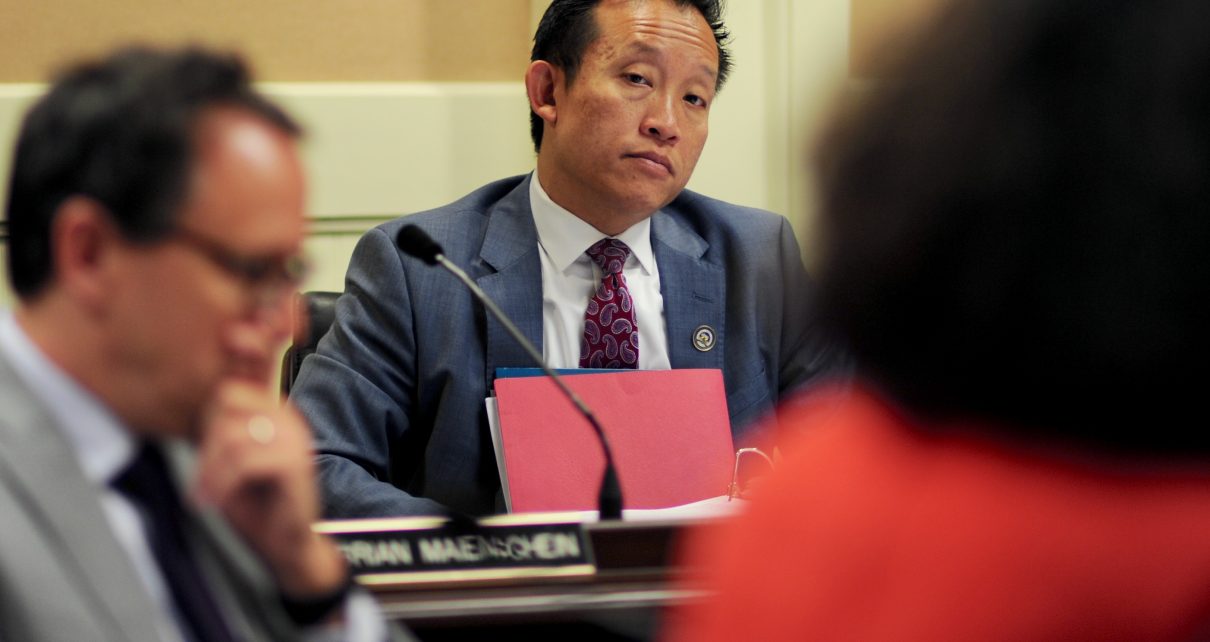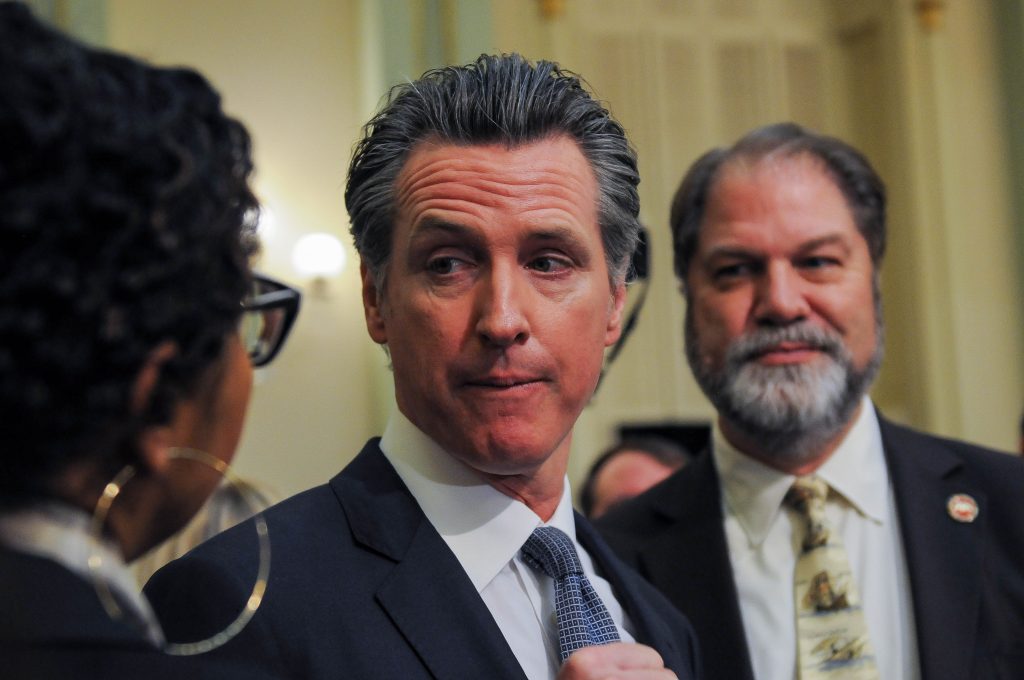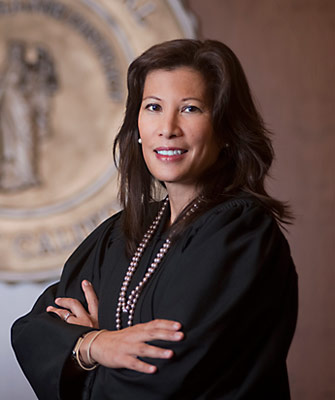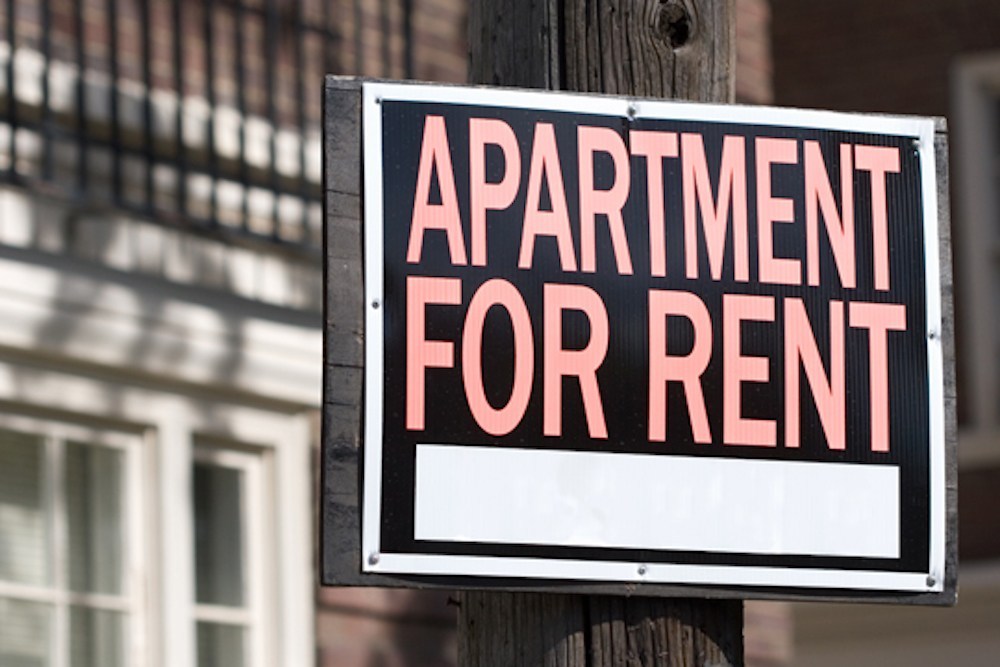
Assemblyman David Chiu. (Kevin Sanders for California Globe)
Eviction Moratorium Bill Passes Senate Judiciary Committee
‘Everyone is talking about renter relief, but where is ours?’
By Evan Symon, August 19, 2020 3:32 pm
On Tuesday, a bill that would halt evictions until sometime next year and give renters additional protections during the rest of the COVID-19 panic passed the Senate Judiciary Committee 6-0.
AB 1436 and the rent moratorium
Assembly Bill 1436, authored by Assemblyman David Chiu (D-San Francisco), would specifically enact the COVID-19 Tenant Relief Act of 2020. The Act would halt evictions of any tenants who attest that they are facing COVID-19 related financial stress until either 90 days after the state of emergency has ended or until April 1, 2021. Landlords will not be able to pay off any missed rent with the renters security deposit. They would also be unable to charge tenants late fees under COVID-19 stress or end a tenancy. Landlords would also be unable to legally collect any missed rent by affected tenants until either 15 months after the state of emergency, or until April 1, 2022.
AB 1436 also has similar rules in place for lenders and homeowners with mortgages. COVID-19 stressed borrowers can ask for a forbearance of payments lasting until until either 90 days after the state of emergency has ended or until April 1, 2021. When forbearance payments do come up post COVID-19, the lender must give a 30-day notice on when payments would begin.
Assemblyman Chiu had only introduced the refurbished, eviction-centric version of AB 1436 in early June. He wrote the bill largely to avoid mass evictions later in the year due to many people either being out of work or being unable to work due to COVID-19. He also cited high rent costs and an already high homeless population within the state, with California and local governments facing a giant burden if evictions were allowed to proceed. AB 1436 is also a replacement for AB 2501, another renter and homeowner bill which failed in the Assembly in mid-June.
Financial stress for renters, financial ruin for landlords
“California simply cannot afford a wave of mass evictions,” Assemblyman Chiu said in June. “Doing nothing means millions could potentially be forced into homelessness. We are stepping in to keep tenants in their homes while allowing landlords to collect past due rent in a reasonable way.”
In the last week he has also pressed the direness of the situation, adding “If we don’t change state law in the next two weeks, we will see a massive wave of evictions. This will be catastrophic for tenants, landlords, homeowners and COVID-19 spread.”
Property owners, landlords, and many rental groups have opposed the bill, noting that they’re facing financial ruin and stress in turn because they have to allow tenants to stay rent-free.
Dina Myers, who has rental properties in Oakland and San Leandro, told the Globe just how bad it currently is for landlords.
“I don’t know how much longer a lot of us will survive,” said Myers. “We legally can’t force rent right now, but we can’t rent out the place to someone new because we can’t evict them. I’ve been losing money steadily since March, and I know others who have rented apartments in the area going under because of it. A retired couple I know, who had bought an apartment building as a retirement source of income, have actually had to apply Social Security income to pay the apartment off monthly because so many of their renters aren’t paying right now.”
“I myself have several tenants unable to pay, but I was lucky to come to agreements with many to pay something. But still, it isn’t enough and I’ve dipped into savings.”
“Everyone is talking about renter relief, but where is ours?”
Less than two weeks before the end of session, a possible compromise

The decision by the Judicial Council of California last week to restart evictions on September 2nd had been worked out with legislators in the hopes of finding and passing an eviction compromise bill. While AB 1436 is close, a bill created in the Senate that stresses many similar points, SB 1410, has also been moving up through committees. SB 1410 has even been shown to be more popular with landlords due to the tax crediting system for unpaid rent offered to landlords in the bill.
However, a compromise between the bills needs to be reached by the end of the session on the 31st.
‘Right now it’s a race against time for a compromise deal,” said State Capitol employee “Dana” to the Globe last week. “They are most likely going to do it because I know some people who have been working on some of these proposals for months. But now they have to decide on payment forgiveness or tax forgiveness.”
Governor Gavin Newsom also stressed compromise, noting that “We’ve been able to establish the areas of agreement. Now we’re starting to focus on those areas of disagreement.”
AB 1436 is expected to have a floor vote in the Senate in the coming week, as well as a final vote by the Assembly shortly afterwards. Governor Newsom has indicated that he would sign any of the current proposed rent moratorium legislation.
- Bill to Require Law Enforcement Disclosure if AI Was Used To Help Write Reports - August 7, 2025
- Gov. Newsom Files FOIA Request To ‘Expose True Cost’ Of L.A. Federal Troop Deployment for Anti-ICE Riots - August 6, 2025
- California Redistricting: How Newsom’s Plan Will Demolish Hard Fought GOP Gains - August 6, 2025





“From each according to his ability, to each according to his needs.”
Landlords have no needs under a marxist regime. They only have duties to provide free rent and building maintenance and don’t forget to pay the property taxes!
I can’t believe this is happening in America. So horrible.
Small landlords are taking a big hit to protect the public health. Under AB1436 for the foreseeable future, landlords will have no recourse against a credit-poor tenant who makes the logical calculation to stop paying rent, wiping out small landlords who can’t spread out the loss across multiple properties. An unintended consequence of AB1436 is that anyone without a perfect credit history will have difficulty in obtaining a lease. If California is serious about protecting the public health while not destroying small landlords, the legislature should merge the state-to-landlord payment provision of SB1410 into AB1436.
Hi Guillermo,
Yes, people that pay their consumer debt generally also pay their rent, so landlords will emphasize credit even more than they do now, but there is a problem here. I might be wrong, but my reading of the Bill indicates it will permanently (forever) bar any creditor (landlord, lender) from entering an adverse credit report relating to the COVID debt. I don’t read a temporary restriction. I read a permanent ban, the same for security deposits being used for COVID rent debt.
To me, as long as the tenant starts paying rent within 90 days after the emergency, or April 1, 2021 (whatever comes first), they can never be evicted. All the landlord can do is get a court order for payment of the old COVID debt, without any right to record or report the debt. The question is, what will nature (the nature of people) put into the vacuum of unreliable credit reports? It might be Court records, but I know work is underway to ban those from recording and disclosure as well.
The way for we the people to stay whole and defeat the 1% and their political shills is to work out our business together without them. If two people reach a mutually acceptable arrangement, just keep it to yourself. It’s just like Rice Miller (Sonny Boy Williamson II) used to sing- “keep it to yourself.” The Bill allows for people to work it out on their own. Decent landlords and tenants will do so. I hope many more will realize mutual consideration is the only reasonable path to surviving the coming storms and the people seeking to profit from the discord.
When are the counties and the state going to pass property tax and insurance relief for landlords who are taking the hit? Thankfully, our tenants have paid their rent, but we’re getting ahead of the Communist game and selling our rentals in CA and replacing them in landlord-friendly states.
AB1426 is not fair to the landlords whose mortage is still going on and property taxes have to be paid and the abuse of property while renters disrespect property. Landlords need a break too and they are compassionate too but for how long? I do not own any rental property but feel for the landlords..please turn down the new bill.
The burden of proof is on the tenant to provide evidence that their lay off was due to the pandemic, but tenants can just inform there landlords that they not working due to the pandemic and then just not pay any rent. Don’t the legislatures think there are tenants that might be milking this system? I am a small landlord. I am receiving no rent and can do nothing about it. I feel like I am supporting another family. And now the new law that’s upon us will forgo the back rent? What? How did we get here? How is this even right? Why do the landlords have to suffer? Why don’t we split the difference? Tax credit, sure… what? Do we carry it forward for several years, sure… I don’t believe it for a minute. No wonder why Californians are leaving, the legislatures here do not consider all of the ramifications of there actions.
As the LA Times writes:
“…skeptical about that promise of forbearance because of concerns about whether out-of-state banks would actually honor it. Instead, they would prefer to prevent evictions by receiving tax credits in place of rent — a proposal that was in another bill that state lawmakers sidelined earlier this month.”
So I really don’t get it. To avoid pain on one wider sector of society would you deem better to hammer another more meritorious sector which maybe happens to have saved more capital? And why the sector which happens to provide housing? Why then not the medical, the dental, the oil and gasoline, the grocery store or the fast food restaurant sectors then? What is the criteria? If it’s average wealth or income why not use the Franchise Tax Board to tax wealth or income, it would seem a little more fair than, say, force bakers to give out bread for free because on average they might eat more carbs than the general public?
What if they are not getting evicted non payment what if it’s about other reasons what happens then ?